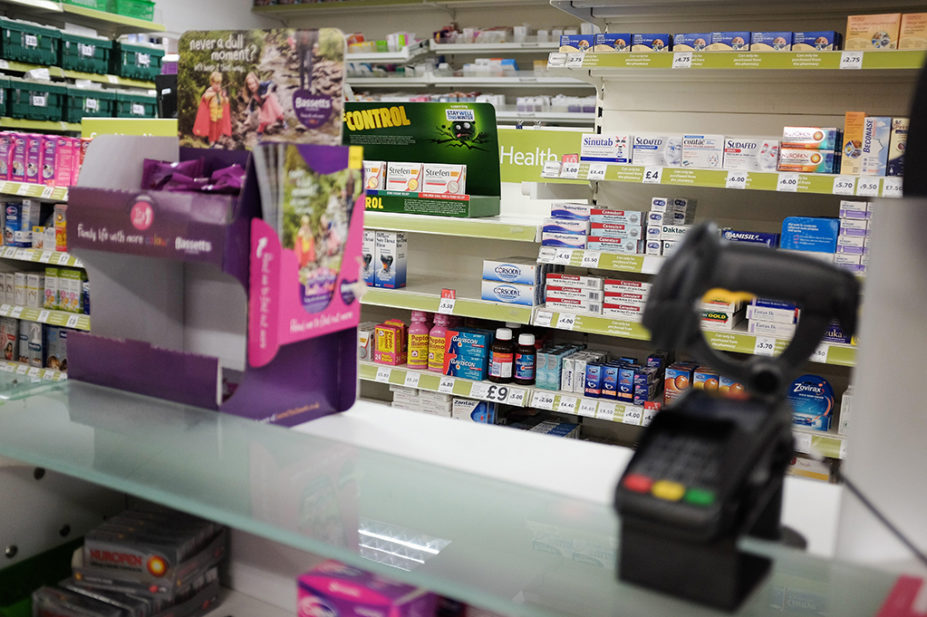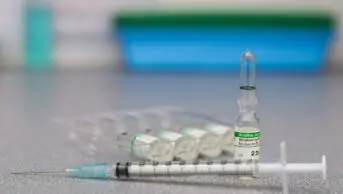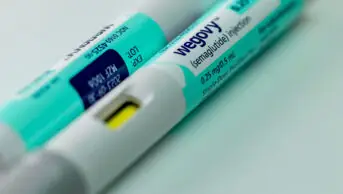
Jeff Pickthall / Alamy Stock Photo
The Scottish government should fund more university degree and foundation trainee places to ensure a “strong pipeline” of pharmacists entering the profession, says a new briefing paper from the Royal Pharmaceutical Society in Scotland.
The ‘RPS Scotland Pharmacy Workforce Briefing‘, published on 9 December 2021 — which cites data from NHS Education for Scotland (NES) and the Community Pharmacy Workforce Survey 2020, carried out by NES Pharmacy and Community Pharmacy Scotland (CPS) in September 2020 — revealed that current vacancy rates for pharmacists in Scotland stand at 8% in the NHS and 12% in community pharmacy.
The briefing, which is based on three focus groups of RPS members run earlier in 2021, says these vacancy rates leave the sector under “significant pressure” and says action must be taken now to support pharmacy teams.
In the long term, RPS Scotland called for more investment in education to increase the number of foundation training places and pharmacy places at Scottish universities.
It says: “Investment is needed to increase the number of pharmacy places at schools of pharmacy in Scotland: a strong pipeline of graduate output is essential. Work is also needed to reduce the current attrition rate of pharmacy students.”
The briefing also recommended various shorter term actions, including clearly defining the roles of pharmacy team members, such as ensuring that dispensing should be managed by pharmacy technicians, with pharmacists involved only at the clinical check stage.
It also emphasises the need to make the sector a more “professionally rewarding” place to be, saying that there should be more investment in training staff and a “cultural change” around rest breaks.
In Great Britain, the number of students beginning an MPharm degree rose by more than 10%, from 3,743 in the 2019/2020 academic year to 4,148 at the start of the 2020/2021 academic year in autumn 2020: the second year in a row that the increase has topped 10%.
In its 2021 election manifesto, the Scottish Labour Party said that, if elected, it would introduce minimum student intakes for pharmacy and increase pharmacy training places in an effort to relieve pressure on GPs.
A spokesperson for the Scottish government told The Pharmaceutical Journal that there has been an increase in the overall numbers of students studying pharmacy, with an increase of 51 students accepted onto the first year of MPharm courses in 2020/2021 and an increase of 53 in 2021/2022.
They added that the government is working with NES and the RPS to encourage more students to join the profession.
“The pharmacy workforce in NHS Scotland has increased by 63% over the past ten years and 6% in the year to September 2021,” the spokesperson said.
“We will increase the number of preregistration pharmacy places by 120 over the next four years and will provide health boards with funding of £11.2m over the same timeframe to increase the number of mental health specialist pharmacists and pharmacy technicians.”
The spokesperson added that the pharmacy teams have been “vital in our response to the pandemic and the Scottish government continues to work with all stakeholders to address the workforce demands through the chief pharmaceutical officers workforce forum, which will meet in the new year”.
In a statement published alongside the briefing, Clare Morrison, director for RPS Scotland, said: “We need to train additional people to come into pharmacy but we need to be realistic that this will take time and unfortunately there isn’t a source of ready-trained pharmacists looking for jobs.
“That means we need some immediate actions to relieve pressures now.”
Also on 9 December 2021, the RPS published the results of its annual ‘Workforce wellbeing survey‘, conducted across Great Britain, in partnership with the charity Pharmacist Support, which found that 70% of 1,014 respondents said “inadequate staffing” was a factor in poor mental health and wellbeing at work.
The results mirror those of The Pharmaceutical Journal’s 2021 annual salary and job satisfaction survey, in which 73% of the 1,020 respondents said that “staff absence” was a factor contributing to stress levels.
Read more: Pharmacists increasingly offered starting bonuses to counter workforce shortage


